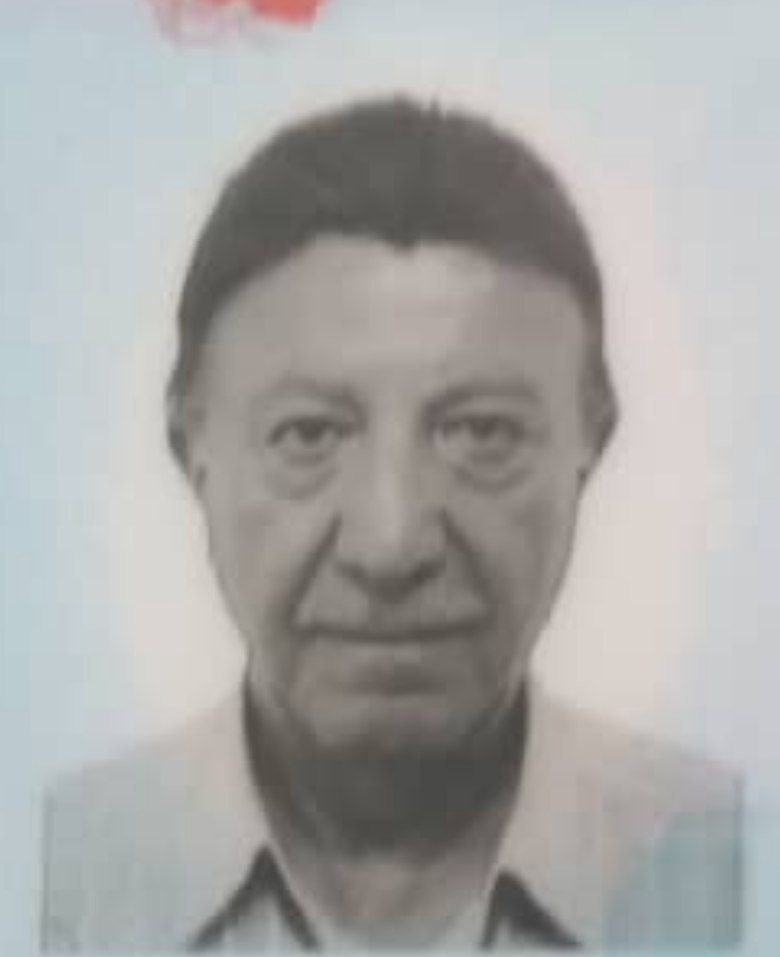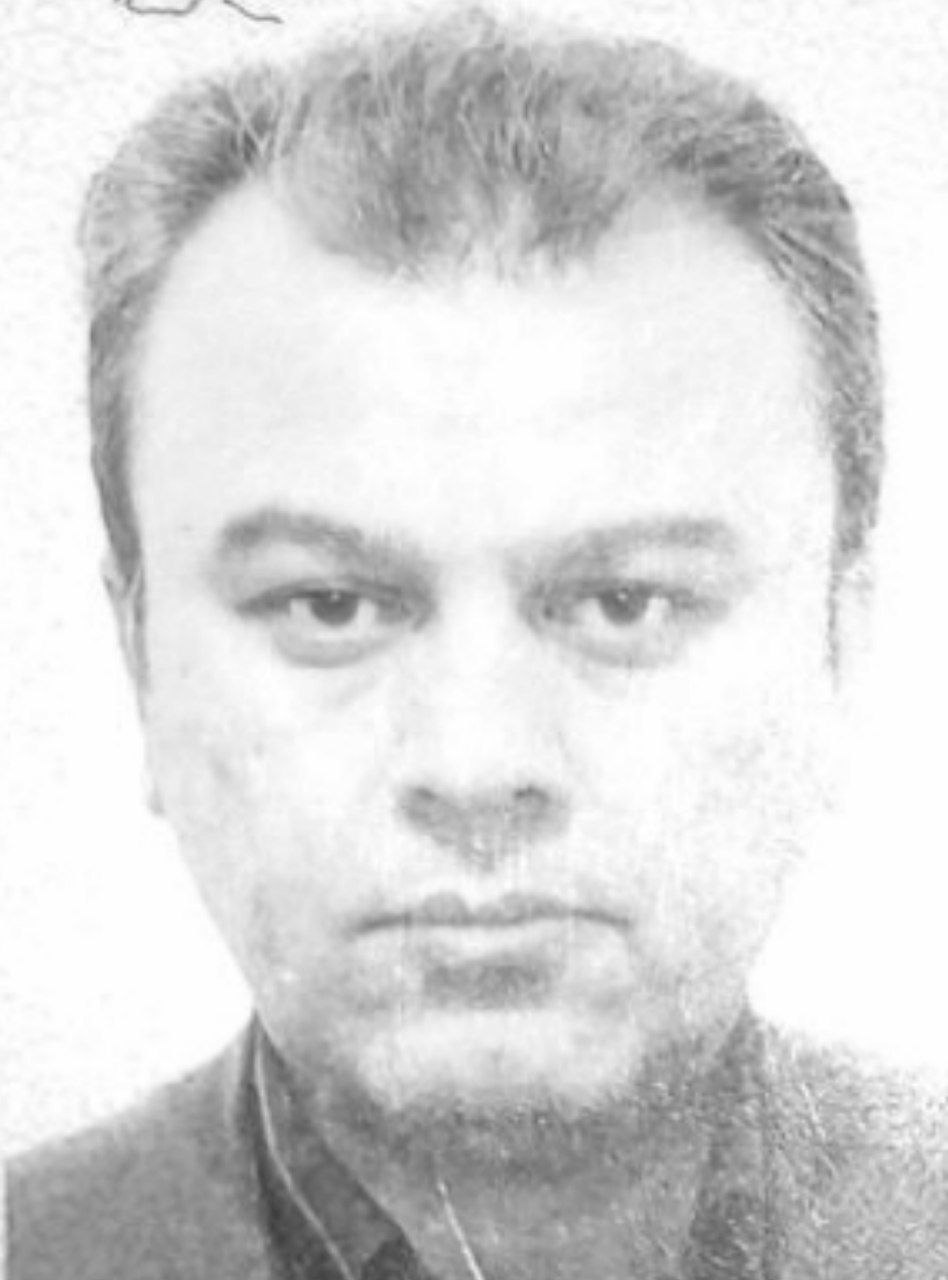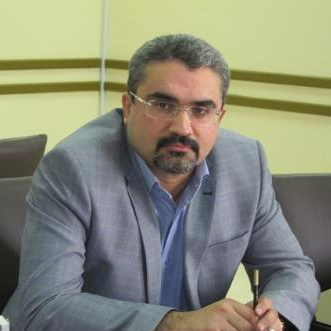The Impact of Mindfulness-Based Stress Reduction Program on Anxiety, Rumination, and Dysfunctional Attitudes in Men Undergoing Drug-Free Addiction Treatment
Keywords:
Mindfulness-Based Stress Reduction, Anxiety, Rumination, Dysfunctional Attitudes, Addiction TreatmentAbstract
Objective: The primary objective of this study was to evaluate the effectiveness of the Mindfulness-Based Stress Reduction (MBSR) program on reducing anxiety, rumination, and dysfunctional attitudes in men undergoing drug-free addiction treatment.
Methods and Materials: This randomized controlled trial included 30 men undergoing drug-free addiction treatment in Ahvaz city. Participants were randomly assigned to either the experimental group (MBSR program) or the control group, with 15 participants in each group. The MBSR program consisted of eight weekly sessions. Anxiety, rumination, and dysfunctional attitudes were measured using the Beck Anxiety Inventory (BAI), Ruminative Responses Scale (RRS), and Dysfunctional Attitude Scale (DAS), respectively. Data were collected at three time points: pre-test, post-test, and five-month follow-up. Statistical analyses included repeated measures ANOVA and Bonferroni post-hoc tests, conducted using SPSS-27.
Findings: The experimental group showed significant reductions in anxiety, rumination, and dysfunctional attitudes from pre-test to post-test and follow-up assessments. Specifically, anxiety decreased from a mean of 24.67 (SD=3.45) at pre-test to 15.33 (SD=2.88) at post-test (p<.001), and 16.45 (SD=3.12) at follow-up (p<.001). Rumination decreased from 42.78 (SD=5.67) at pre-test to 30.45 (SD=4.88) at post-test (p<.001), and 32.12 (SD=5.13) at follow-up (p<.001). Dysfunctional attitudes decreased from 95.56 (SD=8.45) at pre-test to 78.33 (SD=7.12) at post-test (p<.001), and 80.01 (SD=7.34) at follow-up (p<.001). The control group did not show significant changes in any of the variables.
Conclusion: The findings suggest that the MBSR program is an effective intervention for reducing anxiety, rumination, and dysfunctional attitudes in men undergoing drug-free addiction treatment. These results highlight the potential of mindfulness-based interventions to support cognitive and emotional recovery in addiction treatment settings.



























